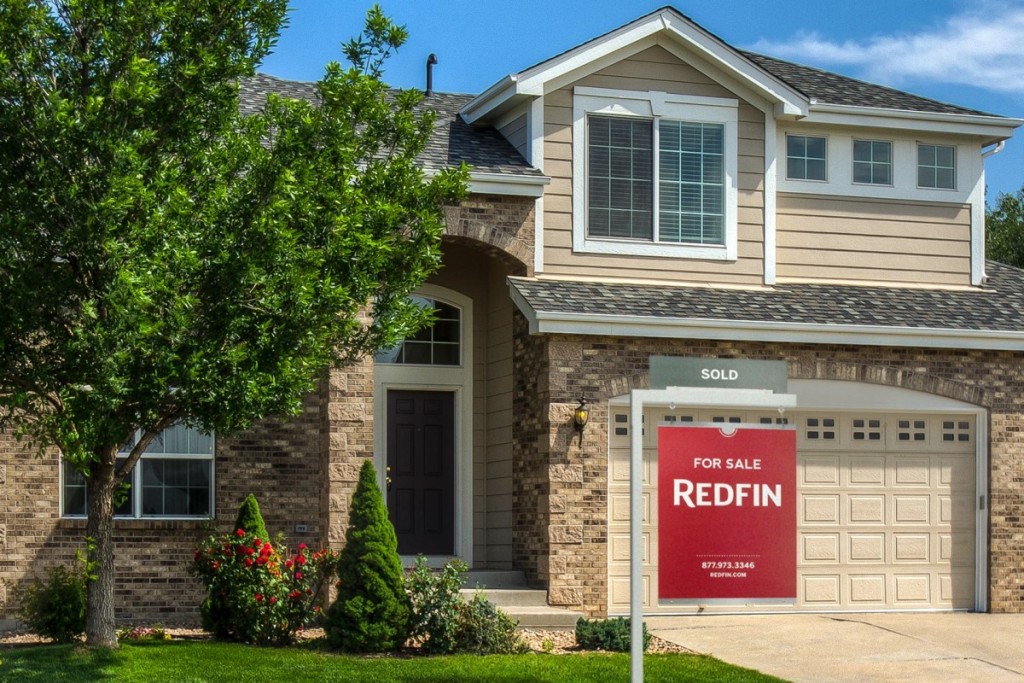3 Reasons Why Houses Are So Expensive Right Now


House prices have been rising for years. Why? Not enough homes.
It’s not a stretch to say that these are unprecedented times for would-be homeowners. Houses are expensive, mortgage rates are elevated, and the economy is shaky. Home prices have surged 30% over the past five years, and hit a record high of $443,000 in 2024.
That’s just the beginning. After closing, homeowners face steep monthly costs – mortgage payments, insurance, taxes, and more – which have hovered near record highs for months, thanks to the combination of elevated home prices and high mortgage rates.
These trends have created a slower and more expensive housing market, where the typical home sells in nearly 50 days (compared to 40 days in 2024) and most Americans can’t afford even a starter home. More people are instead getting pushed into renting, which is now more affordable than buying in every major city.
So how did this happen? Why are houses so expensive? In this Redfin article, we break down the biggest reasons for today’s high prices, and go over how buyers and sellers can navigate the market.
>> Looking for something you can afford? Check out The Most Affordable Cities in the U.S. in 2025
1. Years of underbuilding have created a severe housing shortage
Homes are so expensive today because there simply aren’t enough of them. Too many buyers are competing for too few properties, creating a supply-and-demand imbalance. This isn’t a new trend, either: The U.S. has been underbuilding homes since the 2008 Great Recession due to freefalling house prices and a glut of foreclosures, and hasn’t recovered. Starter homes have been hit especially hard.
The pandemic homebuying frenzy made the issue worse by draining an already low inventory and pushing it to record-low levels. This imbalance has slowed recently, thankfully, helping ease price growth. Buyers are hampered by record-high costs, and listings are rising as sellers adapt to higher mortgage rates, want to cash in on high prices, or simply have to move.

2. Zoning laws have limited new construction
In many regions, WWII-era single-family zoning laws have limited the ability to build enough housing units. For example, in California, which has one of the largest housing shortages, 96% of available land is zoned exclusively for single-family homes. These constraints reduce the overall housing supply and contribute to higher home prices.
President Trump has taken multiple stances on zoning laws, including calling for change and also vowing to strengthen the single-family suburban ideal. Other methods to increase housing supply, like his promises to build on federal land and remove regulations, have yet to take shape.
3. Investors have taken a growing share of homes
Housing investors – any institution or business that purchases residential real estate – have also taken a growing share of the overall market. The more homes investors own, the fewer available for everyday buyers. This was actually one of the few points of agreement during the 2024 presidential election.
The trend became clearest during the pandemic: As everyone else was rushing to buy homes, investors purchased a record $64 billion worth – nearly 100,000 properties. This helped bring their total market share to 21%, meaning one-in-five homes were bought by an investor. Their share has since dropped due to skyrocketing costs but still notably influences overall housing inventory.

Will house prices fall this year?
They might, but the more likely scenario is that prices will grow more slowly. While demand has eased thanks to record-low affordability, some cities – like San Antonio and Oakland – are seeing declines. But nationally, prices are still rising slightly due to tight inventory. If buyer demand continues to drop and sellers continue to list, prices could meaningfully drop.
At the same time, a volatile economy continues to weigh on the market. Tariffs are driving up construction costs, immigration crackdowns could shrink the building workforce, and a trade war may lead to inflation, recession, or both. As a result, everyone is wary, and the market is stuck. So, it’s more important than ever to prepare before entering the housing market.

How to buy and sell in an expensive housing market
House prices are high and few homes are selling, but supply is stacking up, giving buyers the edge. However, trends vary by region: In areas of the Midwest, there are more buyers than sellers, helping homes sell quickly and pushing prices up; in parts of the South, prices are falling as sellers outnumber buyers. Talk with a local real estate agent to learn how your area is faring.
Here are some tips for navigating today’s slow and expensive housing market.
For buyers:
- Be patient: Inventory is rising, but competition for well-priced homes is still high in some areas. Get pre-approved and move quickly when you find the right home.
- Negotiate aggressively: With more inventory, buyers often have more room to negotiate on price, repairs, or closing costs.
Budget carefully: Mortgage rates remain high, so know your limits. Don’t stretch just because inventory is up – instead, focus on long-term affordability. - Consider concessions: More sellers are offering concessions to close deals, like rate buydowns, paying agent commissions, and covering closing costs. Don’t be afraid to ask.
- Shop around for a mortgage: Rates are high, but they vary widely from lender to lender right now. Compare lenders and consider float-down options if rates drop after you lock one in.
>> Read: Is Now a Good Time to Buy a House?
For sellers:
- Price realistically: Overpricing can cause your listing to sit and go stale, as most are. Homes priced right from the start tend to sell quickly and for more. The typical seller today wants $39,000 more than the typical buyer is willing to pay.
- Offer incentives: Consider offering to help with closing costs, rate buydowns, or flexible move-in dates to stand out in a slower market.
- Highlight the best features: Buyers are cautious and often prefer turnkey homes, so small repairs, fresh paint, and staging can make a big difference. Check out Redfin Redesign to test some looks before investing in a makeover.
- Be flexible on negotiations: Expect buyers to push for inspections, repairs, and price reductions. Flexibility could be the key to closing quickly.
- Work with a great agent: Today’s market is nuanced, so having a top-tier agent with a mastery of local trends is more important than ever.
>> Read: How to Sell Your House Fast – and for More Money
The post 3 Reasons Why Houses Are So Expensive Right Now appeared first on Redfin | Real Estate Tips for Home Buying, Selling & More.




